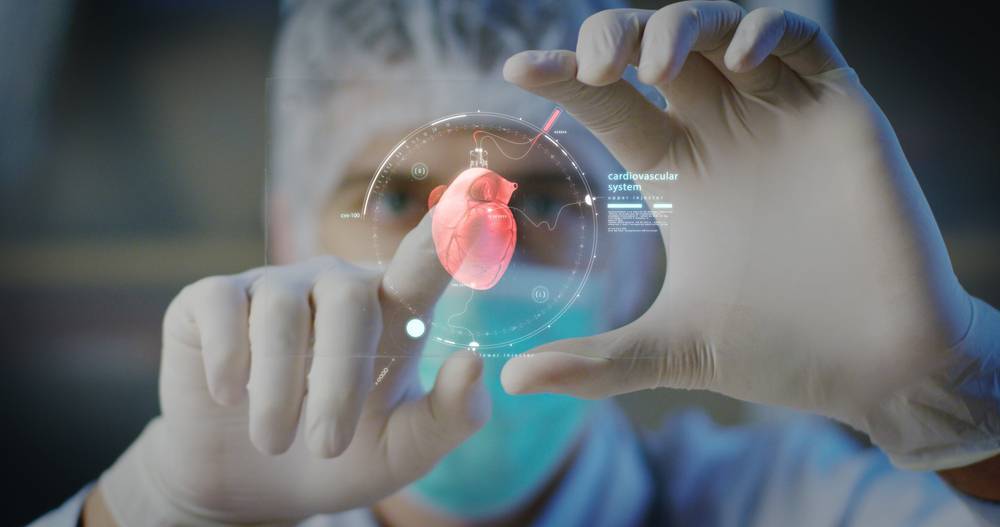Revolutionising cardiac care: cutting-edge AI technology in cardiac care aims to predict and prevent the unforeseen tragedy of sudden cardiac death.
This innovative approach, employing artificial intelligence (AI) in cardiac care to analyse extensive medical data, signals a new era in cardiac health management.
The Power of AI in Cardiac Health
AI in cardiac care has emerged as a potential game-changer in the realm of cardiac health. A recent study presented at the American Heart Association’s Resuscitation Science Symposium 2023 highlights how AI could be instrumental in predicting and potentially preventing sudden cardiac death.
This research, spearheaded by Dr. Xavier Jouven and his team in France. It involved analysing electronic health records of over 95,000 individuals, using AI in cardiac care to develop personalised health equations that could pinpoint individual risks for sudden cardiac arrest.
A New Era in Heart Health Management
The application of AI in this context is revolutionary. It goes beyond conventional cardiovascular risk factors. By analysing a vast array of medical information, including a million hospital diagnoses and ten million medication prescriptions, the AI system developed personalised risk profiles. These profiles are unique for each individual. They encompass a mix of neurological, psychiatric, metabolic, and cardiovascular data. Such a detailed and personalised approach was previously unachievable through traditional methods.
The team analysed electronic health records of 25,000 people who suffered sudden cardiac death and 70,000 hospitalised cardiac arrest survivors from Paris, France, and Seattle, Washington. By applying AI to over a million hospital diagnoses and ten million medication prescriptions, they developed personalised health equations for each individual. These equations, captured a range of factors, from high blood pressure treatment to mental health issues. They were found to significantly enhance the ability to identify individuals at high risk of sudden cardiac death.
The AI analysis revealed that more than one-fourth of sudden cardiac death cases had a risk exceeding 90%. This showcases the potential of AI in transforming cardiac health prediction and prevention strategies.
Implications for Future Cardiac Care
The study’s findings are a breakthrough in cardiac care. Dr. Xavier Jouven, the study’s lead author, emphasised the significance of this achievement. He stated, “We have been working for almost 30 years in the field of sudden cardiac death prediction, however, we did not expect to reach such a high level of accuracy.” The AI analysis excelled in identifying individuals at high risk of sudden cardiac death, offering unprecedented precision in risk assessment.
This advancement allows healthcare professionals to intervene more proactively and efficiently. “With a personalised list of risk factors, patients will be able to work with their clinicians to reduce those risk factors and ultimately decrease the potential for sudden cardiac death,” Dr. Jouven added. Focusing on individual risk profiles marks a pivotal shift in future health strategies and cardiac care.
Challenges and Considerations
However, the study is not without its limitations. The applicability of the AI in cardiac care models outside the research context and the variability of electronic health records across different countries are challenges that need addressing. Moreover, the data collected in electronic health records sometimes represent proxies rather than raw data. This can affect the accuracy of the predictions.
Final Thoughts
In summary, the use of AI in cardiac care in predicting and preventing sudden cardiac death marks a significant advancement in cardiac healthcare. It paves the way for more personalised and effective treatment strategies, potentially saving countless lives. The study, while preliminary, opens doors to a new era in healthcare where technology and medicine converge to offer unprecedented solutions.
References
- Artificial intelligence may help predict – possibly prevent – sudden cardiac death. (n.d.). American Heart Association. https://newsroom.heart.org/news/artificial-intelligence-may-help-predict-possibly-prevent-sudden-cardiac-death

